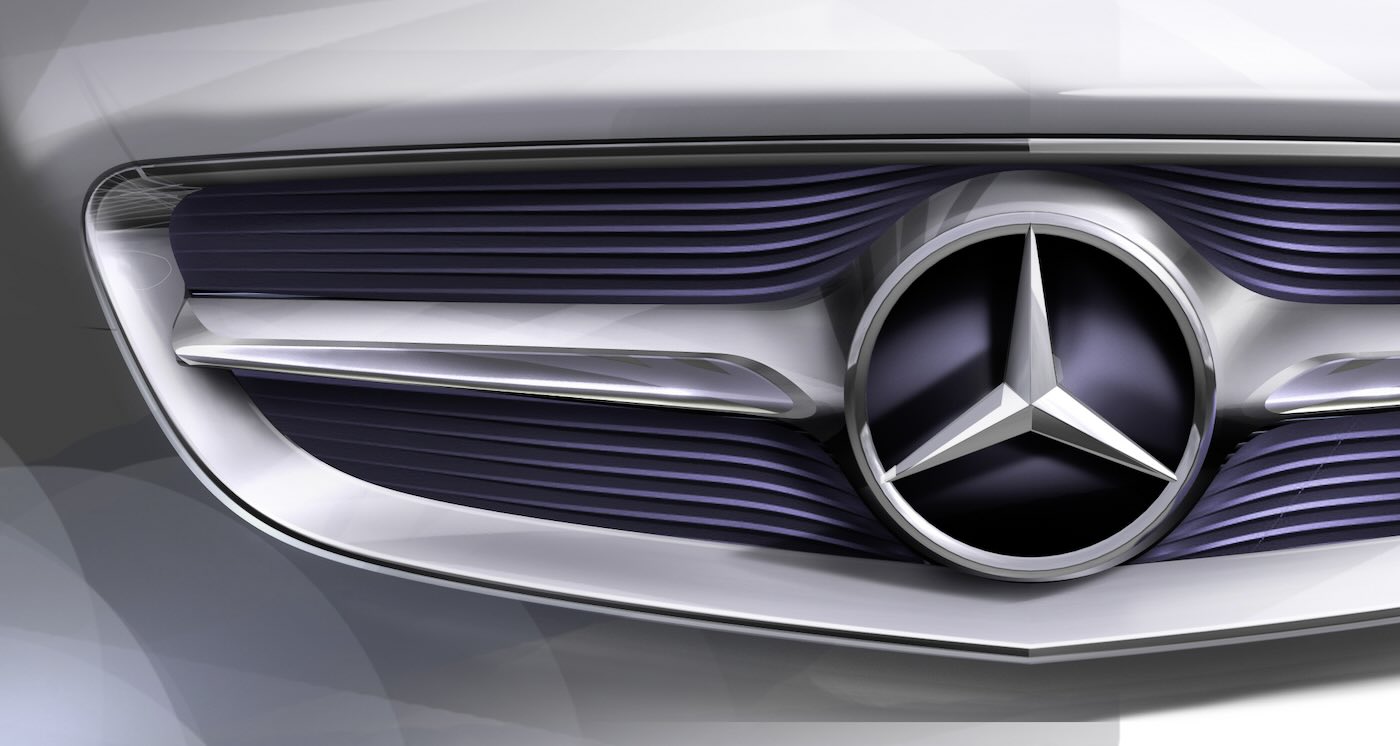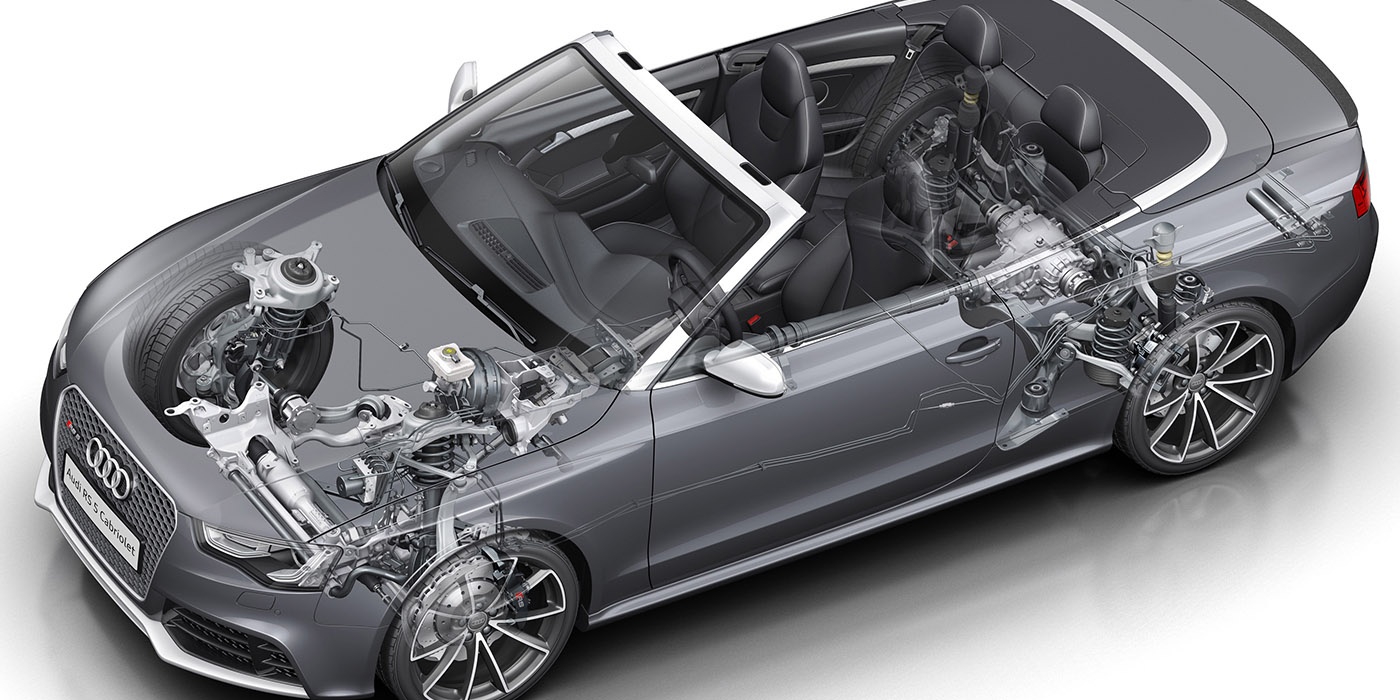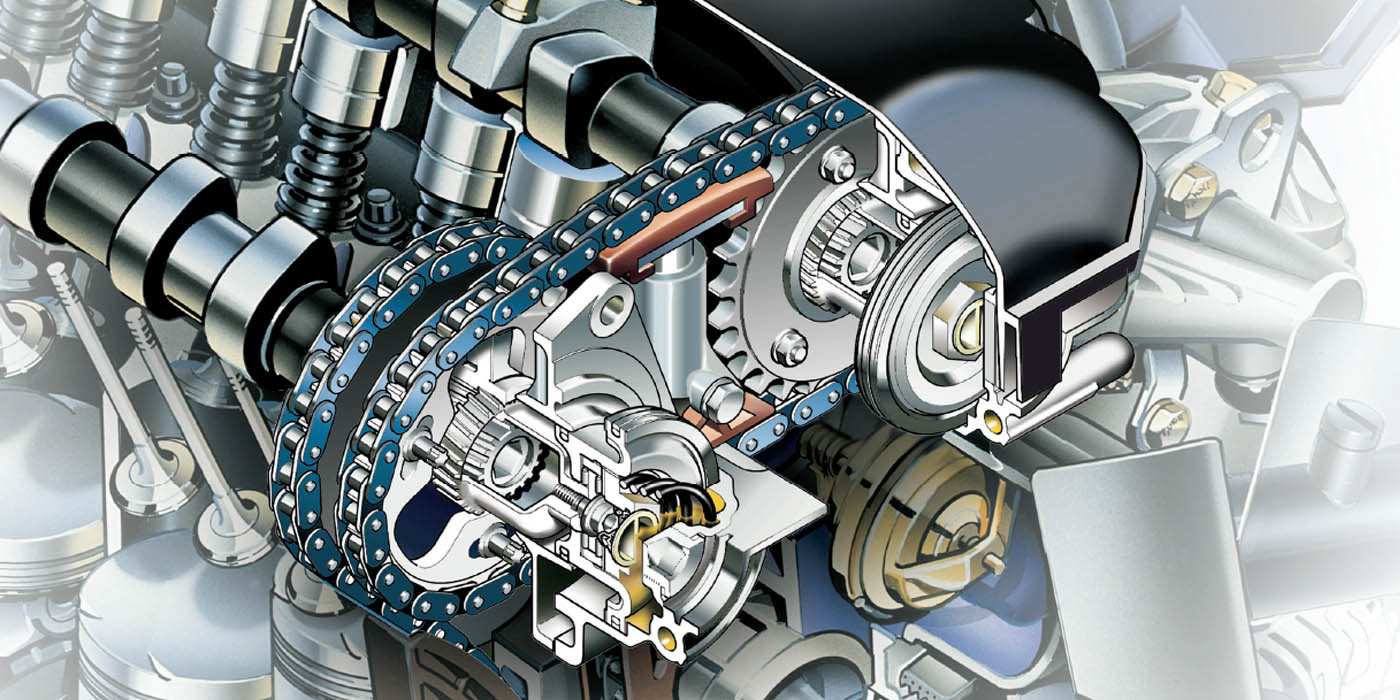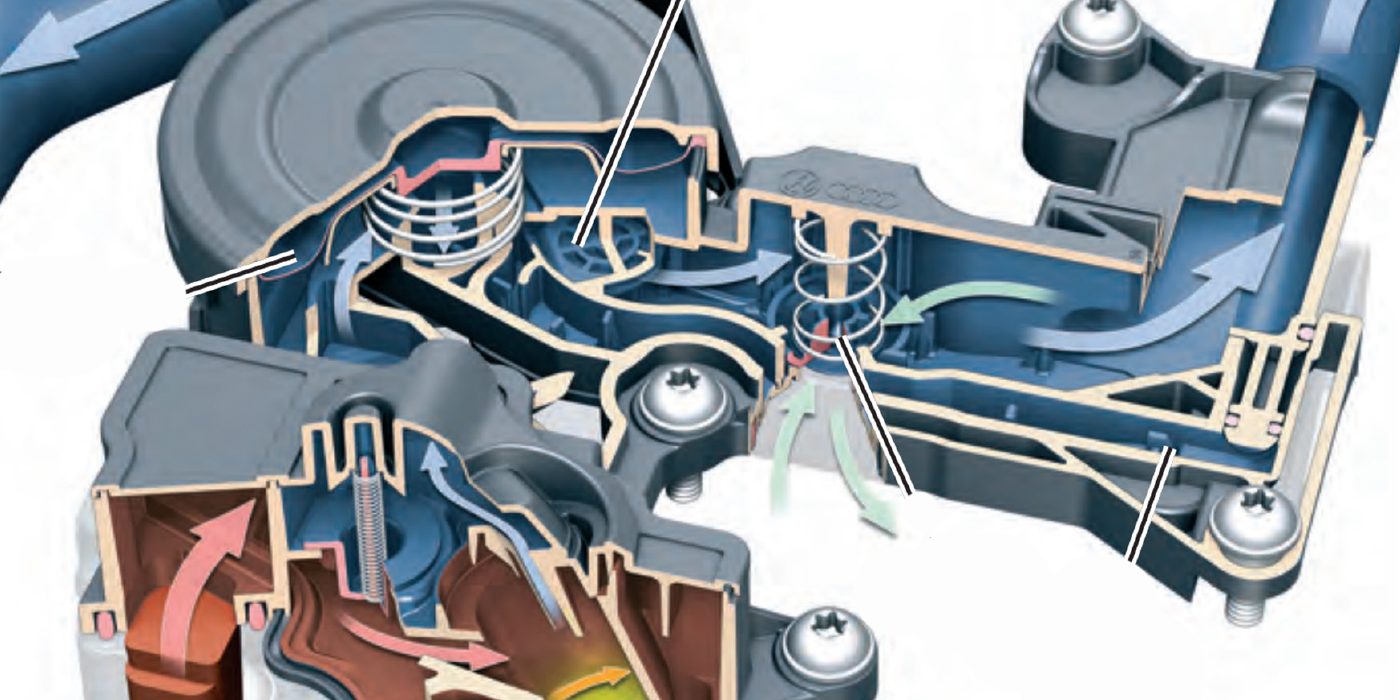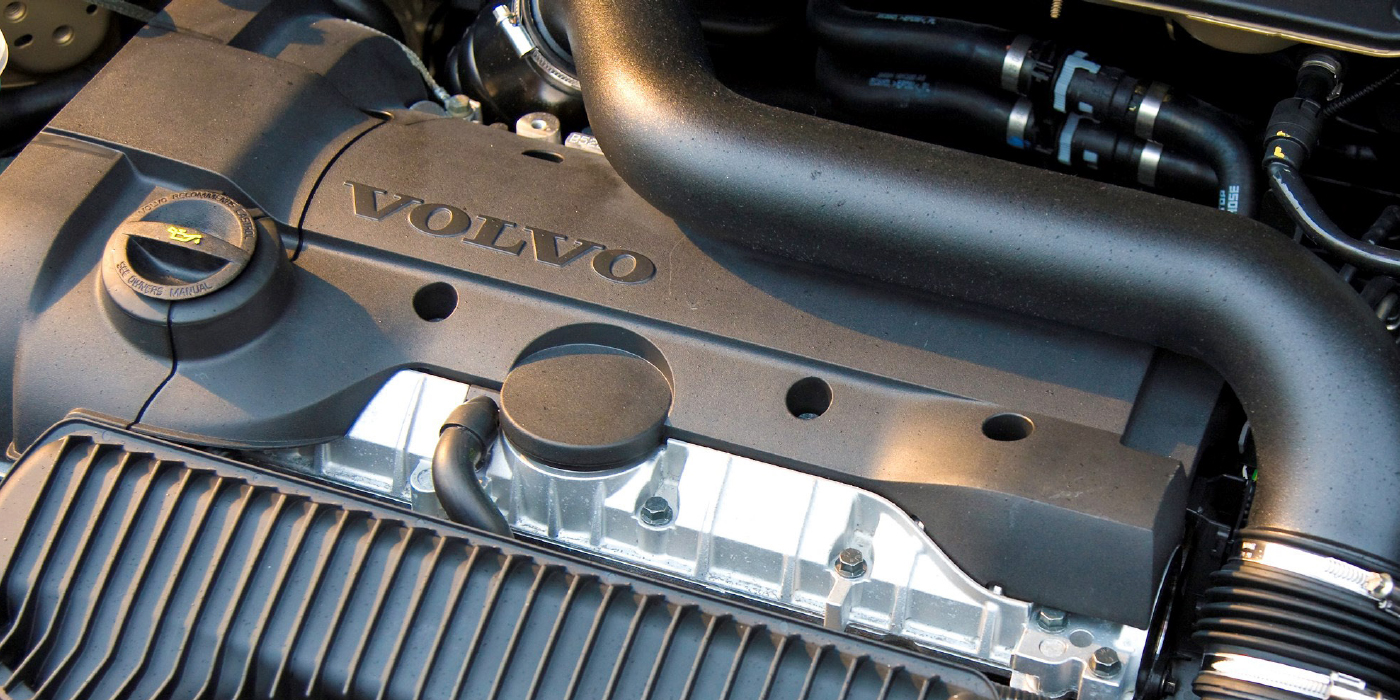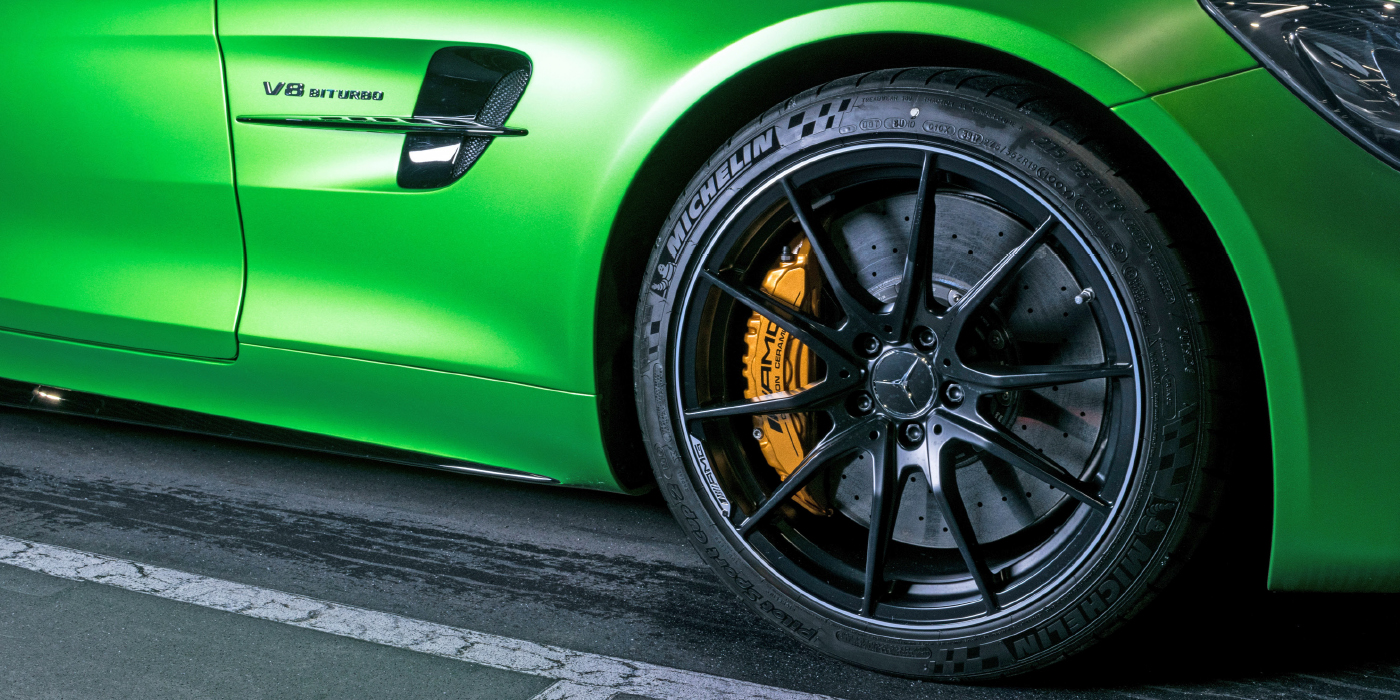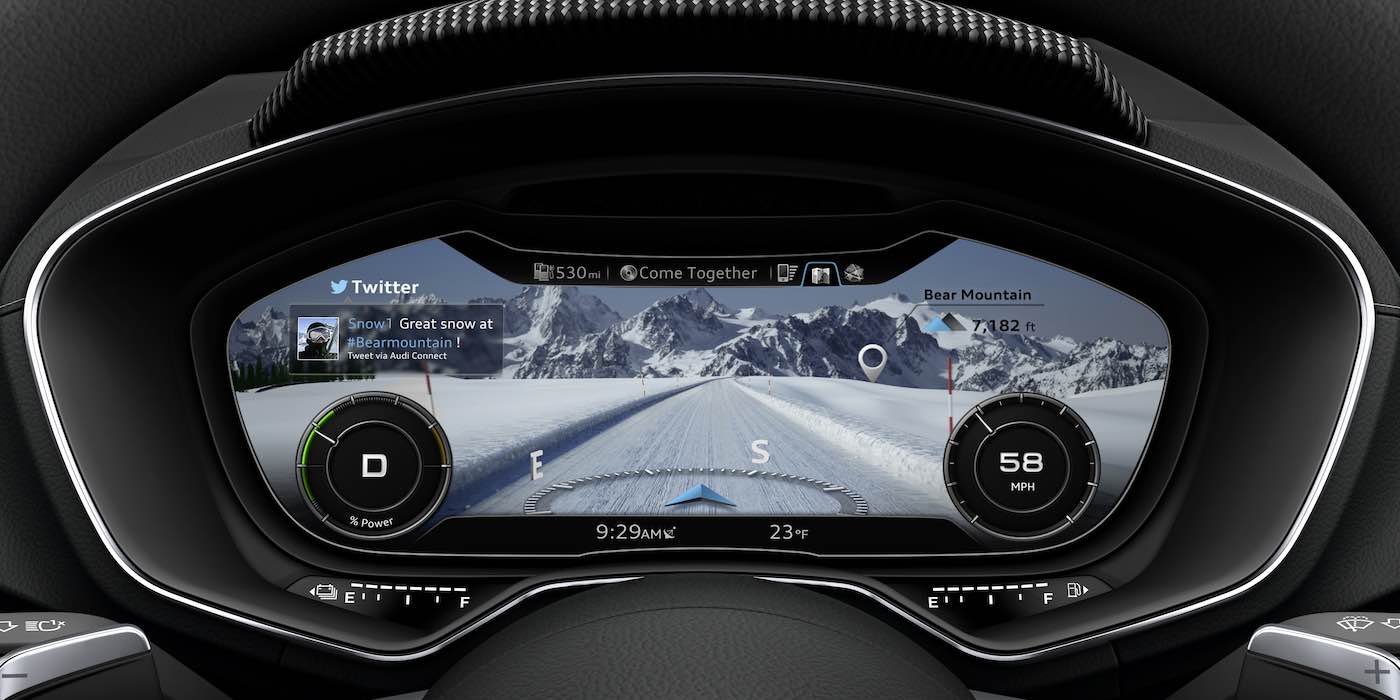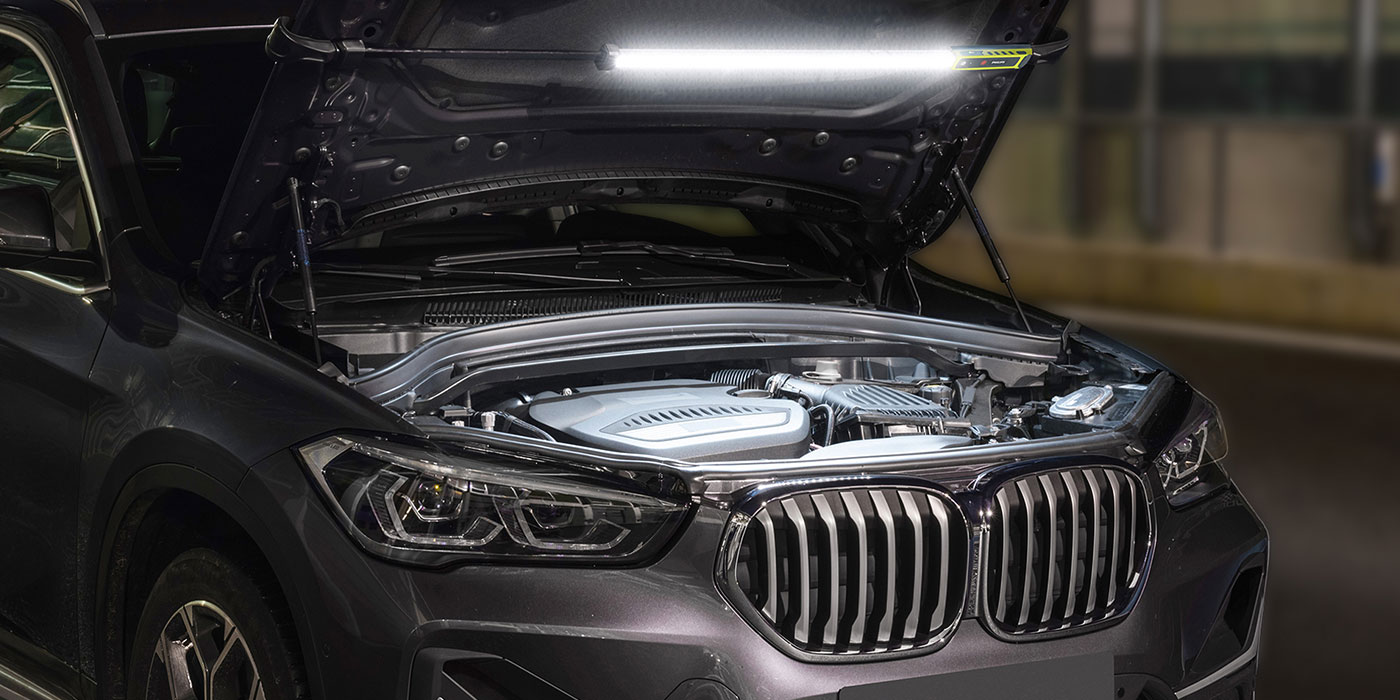When it comes to brake lubricants, grease is a dirty word. Brake lubricants are specially formulated products that are not the same as ordinary chassis grease or even multi-purpose grease. The kind of grease that’s used to lube tie rod ends, ball joints and U-joints is not the same as the lubricants that are required for brake system components. In fact, ordinary grease may cause serious problems if it is used on brake hardware or hydraulic components.
 One thing that makes the lubrication requirements for brake components different from that of steering and chassis components is heat. Brakes run hot. The front brakes on many front-wheel-drive cars and minivans, as well as trucks and SUVs, can easily reach several hundred degrees with normal braking, and get much, much hotter under certain circumstances. Riding the brakes in heavy stop-and-go traffic, mountain driving, aggressive driving, towing a trailer, or hauling a heavier-than-normal load can all increase the load on the brakes and the operating temperature of critical brake components.
One thing that makes the lubrication requirements for brake components different from that of steering and chassis components is heat. Brakes run hot. The front brakes on many front-wheel-drive cars and minivans, as well as trucks and SUVs, can easily reach several hundred degrees with normal braking, and get much, much hotter under certain circumstances. Riding the brakes in heavy stop-and-go traffic, mountain driving, aggressive driving, towing a trailer, or hauling a heavier-than-normal load can all increase the load on the brakes and the operating temperature of critical brake components.
At elevated temperatures, most ordinary chassis grease can’t take the heat and will either melt or burn off, leaving surfaces unprotected and unlubricated. Worse yet, the grease may contaminate the brake linings if it melts and runs off the calipers or drum hardware. That’s why high-temperature brake lubricant with a high solids content generally works best for brake system applications.
Another reason for not using ordinary chassis grease or multi-purpose grease on brake components is because these products are usually petroleum-based. As every technician should know, many petroleum-based products are not compatible with the seal materials that are commonly used inside brake systems. For this reason, petroleum-based grease or oil should never come into contact with the rubber seals, pistons or other internal parts in a master cylinder, brake caliper or wheel cylinder. If it does, the entire brake system should be considered contaminated. This will require draining and flushing the entire system, and replacing all the major hydraulic components! Why? Because petroleum-based products can cause incompatible seal materials to swell, rupture and leak, which could lead to fluid loss and brake failure.
Brake lubricants, by comparison, are specially formulated products that are designed exclusively for brake applications and nothing else. The chemicals in these products are compatible with all commonly used seal materials, and will not harm these parts.
TYPES OF LUBRICANTS
Some brake lubricants are designed for lubricating hardware and mechanical components, and typically contain a high percentage of solids (“dry film lubricants”), and some are designed for lubricating seals, boots and other internal parts when assembling calipers, wheel cylinders and master cylinders.
Brake lubricant for hardware is a special high-temperature grease designed to provide long-lasting protection. The lubricant may be a synthetic or silicone-based product. Synthetic-based, “boundary-type” lubricants that come in a tube, paste or stick form have a high solids content and typically contain a variety of friction-reducing ingredients such as molybdenum disulfide (“moly” or MOS2) and graphite.
Moly and graphite are both dry-film lubricants that can handle high temperatures and pressures. Some of these products are rated to withstand intermittent temperatures as high as 2,400

